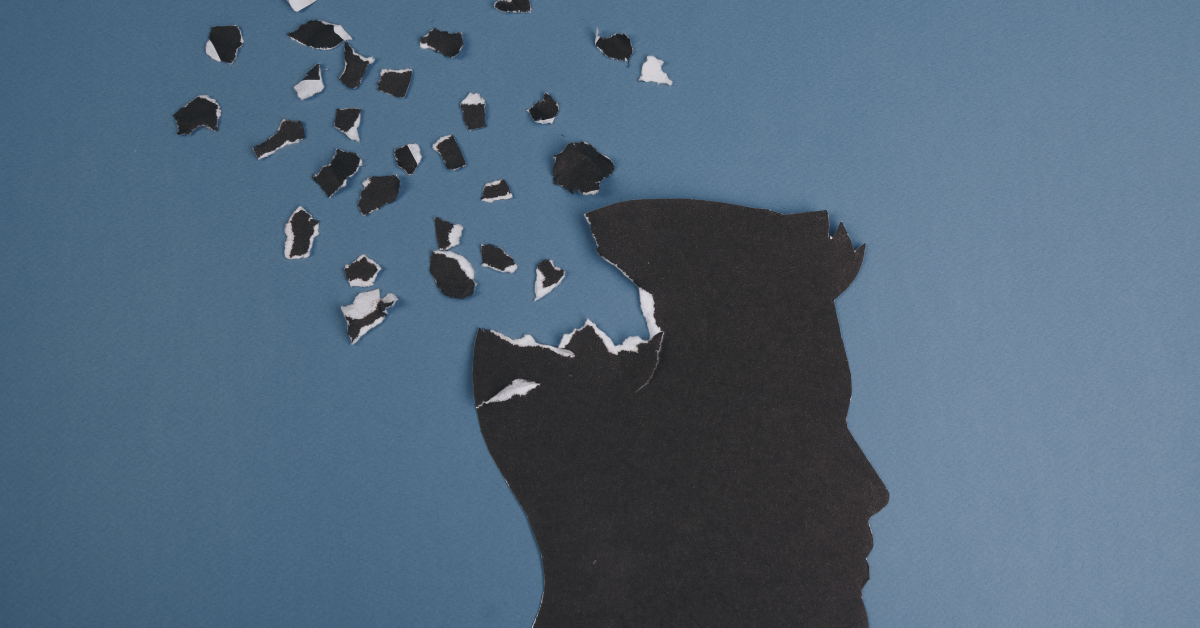The Connection Between Bipolar Disorder and Addiction
In the realm of mental health, certain conditions often intersect in ways that can complicate diagnosis and treatment. One such intersection lies in the connection between bipolar disorder and addiction. Bipolar disorder, characterized by drastic mood swings, and addiction, marked by compulsive substance use, share a connection. While it may not be immediately apparent, individuals with bipolar disorder are at an increased risk of developing substance use disorders and vice versa.
This connection poses challenges for those affected as well as the medical professionals tasked with providing care. Understanding this relationship is crucial to the development of effective interventions, support systems, and treatments. By understanding the factors contributing to this connection, we can better address the needs of individuals facing these dual diagnoses.
Legacy Healing Center specializes in treating individuals grappling with the dual diagnosis of bipolar disorder and addiction. Recognizing the unique and intertwined nature of these conditions, our team offers an integrated treatment approach that combines medical, psychological, and holistic therapies.
The Prevalence of Substance Abuse in Bipolar Disorder
Bipolar disorder is a complex mental health condition characterized by extreme mood swings that include emotional highs and lows. These mood fluctuations can significantly impact a person’s daily functioning, relationships, and overall well-being. Unfortunately, individuals with bipolar disorder are at a heightened risk of substance use disorder compared to the general population.
The co-occurrence of bipolar and drug addiction is often referred to as a dual diagnosis or comorbidity. Research indicates that there is a strong association between these two conditions, with each potentially exacerbating the symptoms and complications of the other.
Several factors contribute to the increased prevalence of substance abuse in individuals with bipolar disorder.
Self-Medication
Some individuals with bipolar disorder may turn to drugs or alcohol as a way to cope with the intense mood swings and emotional distress associated with the condition. They may use substances to alleviate symptoms of depression or mania, temporarily relieving their psychological pain or enhancing their mood.
Impulsivity
Impulsivity is a hallmark feature of bipolar disorder, particularly during manic or hypomanic episodes. During these periods of heightened impulsivity, individuals may engage in risky behaviors, including substance abuse, without fully considering the consequences.
Genetic and Environmental Factors
Both bipolar disorder and substance abuse have genetic components and individuals with a family history of one condition may be predisposed to developing the other. Additionally, environmental factors such as childhood trauma, chronic stress, or exposure to substance abuse in the family can contribute to the development of both disorders.
Neurobiological Interplay
There is evidence to suggest that bipolar disorder and substance abuse share common neurobiological pathways. Dysfunction in brain regions involved in mood regulation, reward processing, and impulse control may contribute to the vulnerability to both conditions.
Dual Diagnosis Challenges
The presence of both bipolar disorder and substance abuse can complicate diagnosis and treatment. Substance abuse can mask or mimic symptoms of bipolar disorder, leading to diagnostic confusion. Moreover, the use of drugs or alcohol can interfere with the effectiveness of mood stabilizers and other psychiatric medications used to manage bipolar symptoms.
How to Treat Bipolar Disorder and Drug Addiction
Treatment for individuals with bipolar disorder who also use drugs requires a comprehensive and integrated approach that addresses both conditions simultaneously. Here are some key components of addiction and bipolar treatment:
Medication Management
Individuals with bipolar disorder often require mood stabilizers, antipsychotic medications, or antidepressants to manage their symptoms. However, prescribing medications for individuals with comorbid substance abuse requires careful consideration due to the potential for interactions and abuse. Psychiatrists may need to adjust medication dosages or choose alternative medications that are less likely to be abused.
Dual Diagnosis Treatment Programs
Dual diagnosis treatment programs specialize in addressing both mental health disorders and substance abuse simultaneously. These programs typically offer a range of services, including individual therapy, group therapy, medication management, and relapse prevention strategies. By treating both conditions concurrently, dual diagnosis programs can help individuals achieve lasting recovery and stability.
Psychotherapy
Cognitive-behavioral therapy (CBT), dialectical behavior therapy (DBT), and motivational interviewing (MI) are effective therapeutic approaches for individuals with bipolar disorder and substance abuse. These therapies help individuals identify and change maladaptive thought patterns and behaviors, develop coping skills to manage mood symptoms and cravings, and increase motivation to make positive changes in their lives.
Substance Abuse Counseling
Substance abuse counseling is essential for addressing the specific challenges and triggers associated with drug use. Substance abuse counselors can help individuals develop strategies to cope with cravings, manage stress, and avoid relapse. They may also provide education about the risks of substance abuse and help individuals explore healthier ways to cope with their emotions.
Peer Support Groups
Peer support groups, such as Alcoholics Anonymous (AA) or Narcotics Anonymous (NA), can provide valuable support and encouragement for individuals struggling with both bipolar disorder and substance abuse. These groups offer a safe and non-judgmental environment where individuals can share their experiences, receive guidance from others who have been through similar struggles, and build a supportive network of peers.
Lifestyle Changes
Adopting healthy lifestyle habits, such as regular exercise, adequate sleep, and a balanced diet, can help stabilize mood and reduce the risk of relapse in individuals with bipolar disorder. Avoiding alcohol and illicit drugs is also essential for maintaining stability and preventing mood episodes.
Family Involvement
Involving family members in the treatment process can enhance support and improve outcomes for individuals with bipolar disorder and substance abuse. Family therapy can help improve communication, resolve conflicts, and strengthen familial relationships, creating a supportive environment for recovery.
The team at our bipolar treatment centers understands that everyone is different and that there are many factors when it comes to treating bipolar disorder and addiction. There is never one solution to treat mental health and addiction issues, so we tailor our programs to fit each individual.
How Legacy Can Help with Dual Diagnosis
If you or a loved one are struggling with dual diagnosis, reach out and contact Legacy Healing Center today. Our bipolar disorder and addiction specialists will work with you to come up with a comprehensive therapy plan to treat both conditions. For more information, feel free to check out our mental health and addiction articles.
Related Readings
Why Dual Diagnosis Matters in Addiction Treatment
OCD as a Co-occurring Disorder
Breaking Down the Cycle of Addiction
Sources
- Preuss, U. W., Schaefer, M., Born, C., & Grunze, H. (2021). Bipolar Disorder and Comorbid Use of Illicit Substances. Medicina, 57(11). https://doi.org/10.3390/medicina57111256






